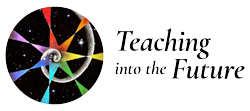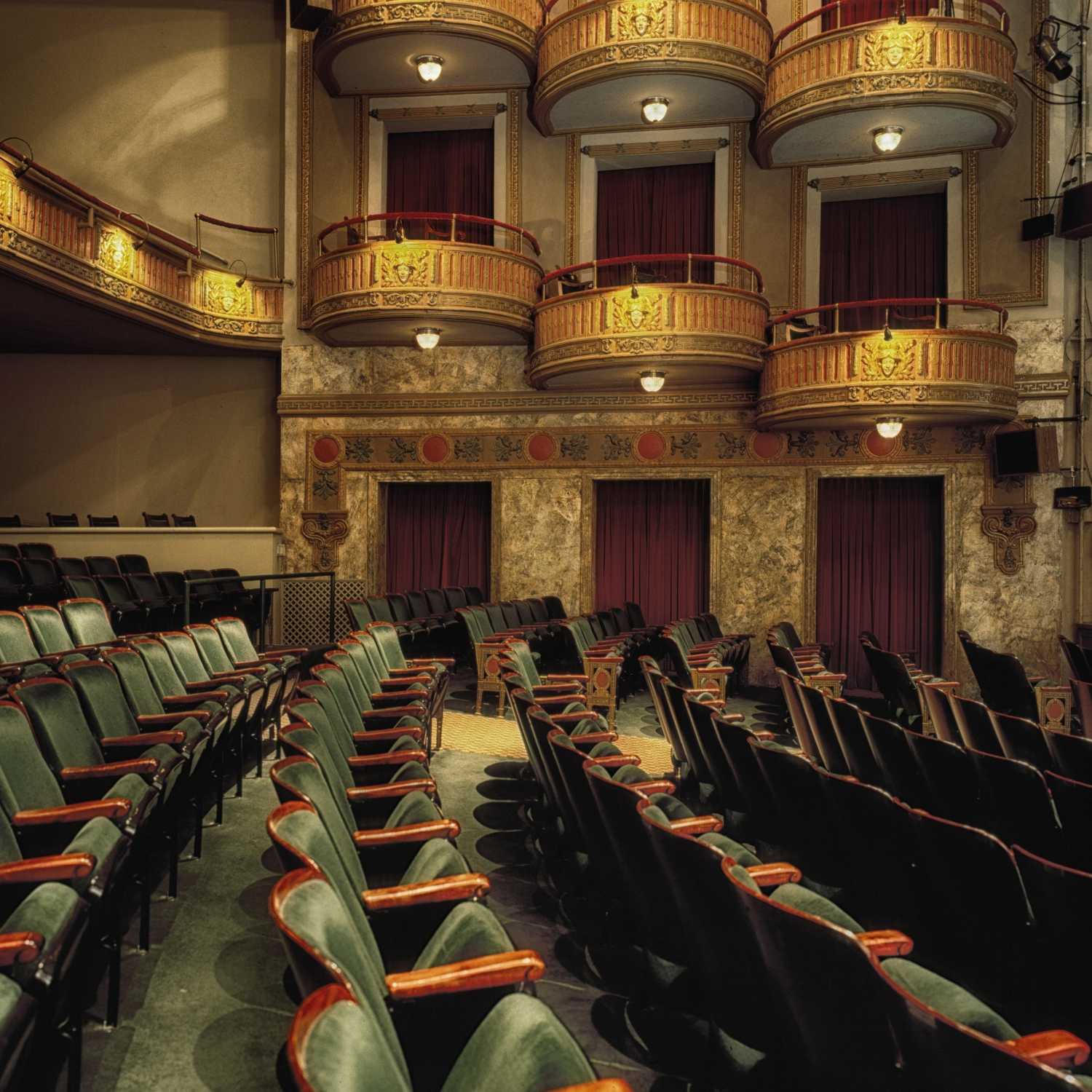I was fortunate enough to teach the same class of children in a Waldorf school for many years. At the end of grade 8, I posed a question to the students about their education experience thus far: “What will stay with you?” When the students responded, I was knocked off my feet! The answers were not about the spectacular science labs, the treasure hunts, or the whimsical mythologies.
It was the magic from experiencing and participating in plays. The students still remembered lines, songs, and quotes from their peers and from those who have long since left the classroom. This revelation allowed me to realize that the capacity of inspiration and intuition in a classroom really comes from viewing a classroom as a living theatre. Not in the way of literally being on stage, learning lines and reiterating them for an audience, but to work with a dynamic approach of teaching through poetry, movement, history, and above all, creativity.
Don’t fret, whether the individual teacher has a background in theatre is immaterial. What is essential however is that we all transcend into a level of playfulness. In addition, a level of working with the unknown, a level of lightheartedness and a level of clown-mind in the classroom is fundamental. Theatre deepens individual imagination for students, it allows them to shine with what they know and be present. It can become the antidote in the classroom of stress and pressure. As Shakespeare put it,” the whole world is a stage.” Therefore it is an essential human trait to arrive at this quality of learning through play.
It is also necessary to let go and recognise the idea of a teacher as authority is what we author as our own authenticity. Authority in education is rather fixed and creates a dominant image of a teacher. As somebody that could walk in a classroom and take command, I realized I didn’t want to overwhelm students that require a gentler approach. The closer I got to unpack this idea, I began to own up to making mistakes as a human, as an artist and as a teacher.
Working with the idea of authenticity and authorship of our own lives, a step in the right direction was to guard against cloaking young children with a blanket of my willpower and strength, and instead comfort them and draw them towards trust. We need to bring out their own authentic authority as humans. In an approach to authentic authority, we must meet the individual and class as a human being. Naturally this approach leads to our human foibles and faults. I left my faults out on the table, apologizing to my students when necessary which I believe would help them do so with one another when they make a mistake.
There was a point where I told stories from my childhood which allowed for a warmer connection. The students responded significantly better when I was using authentic authority rather than dominant authority.
We really are working with freestyle and improvisation in these moments, meeting their needs as they arise while maintaining a harmonic rhythm that is integral to teaching as though the classroom has taken shape as a theatre. The play is in your hands, do with that as you will.

